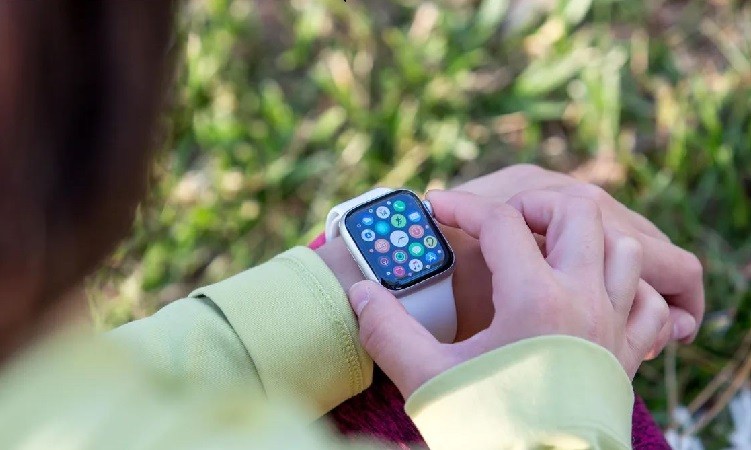
NEW DELHI: In a recent report, it has been projected that the wearable technology market is poised to experience a significant growth rate. With a compound annual growth rate (CAGR) of 24.6%, the market is expected to reach a value of USD 156 billion by 2024, compared to USD 59 billion in 2020.
One particular sector witnessing substantial growth within the wearable market is the medical device industry. Wearable devices have emerged as a potential solution to tackle rising healthcare costs, the challenges posed by aging populations, and the burden of chronic diseases. Notably, wearable medical devices designed for kidney disease and dialysis have garnered attention.
According to a comprehensive study conducted by GlobalData, a renowned data and analytics company, wearable medical devices play a vital role in improving the convenience and efficacy of peritoneal dialysis (PD). PD is a treatment for kidney failure that utilizes the abdominal lining to filter blood within the body.
These wearable devices offer patients enhanced mobility, convenience, and continuous treatment options, empowering them to take charge of their dialysis routine. As a result, patients exhibit better adherence to treatment, experience improved outcomes, and regain a sense of independence and normalcy in their daily lives.
Highlighting the growing demand for wearable devices, Alexandra Murdoch, a Medical Analyst at GlobalData, stated, "A wearable peritoneal dialysis device could be an excellent choice for many patients. The rapid growth of the wearable device market can be attributed to the convenience it offers to patients." Murdoch also emphasized that wearable devices often integrate with remote patient monitoring systems, enabling patients to receive care remotely without the need to visit hospitals or doctor's offices.
The report further mentioned a noteworthy development involving AWAK Technologies, based in Singapore, and Singapore General Hospital (SGH). The two entities have initiated a pre-pivotal clinical study on a wearable peritoneal dialysis device.
Murdoch expressed optimism about the potential of in improving the lives of kidney disease patients, stating, "Wearable devices that enable kidney disease patients to live a normal life hold immense promise. The convenience they provide will allow patients to have more freedom outside the hospital and ultimately enhance their quality of life."